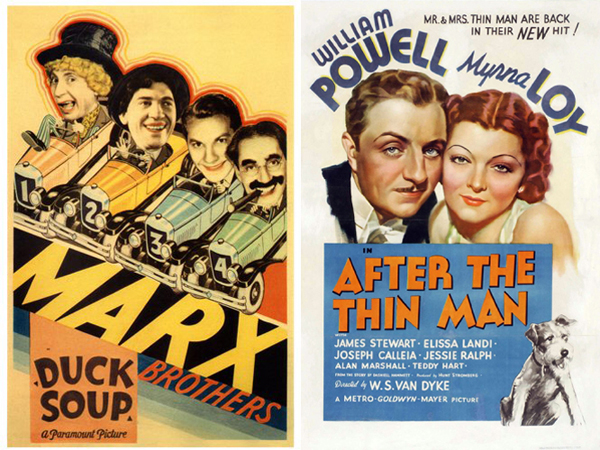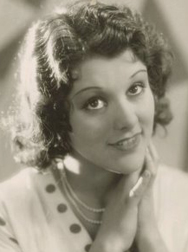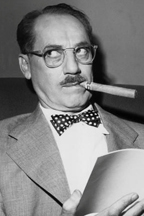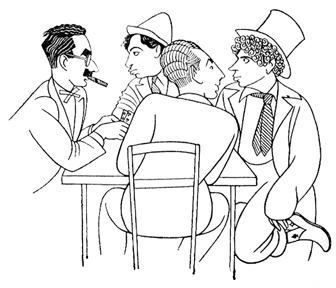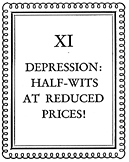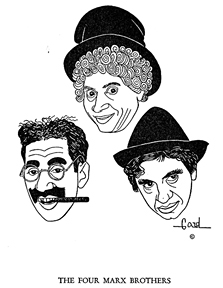What are you doing New Year’s Eve? We’re not referencing the classic song of that name (a favorite of ours, by the way); we’re asking the question. Because Turner Classic Movies has arranged a day of programming that, for our money, negates any need to even think of joining the inebriated hordes who’ll be out on the town, paying too much to have too little fun. Stay home instead, and enjoy the Marx Brothers all day and Nick and Nora Charles (and Asta, too) all night!
The Marx Brothers‘ first—and finest—seven pictures will air (slightly out of order, which is a bit of a head-scratcher) beginning at 8:15 a.m. ET, followed by all six Thin Man movies (which are being shown in proper order) beginning at 8 p.m. ET.
It’s nearly 23 hours of programming, so you’ll want to get plenty of rest tonight.

